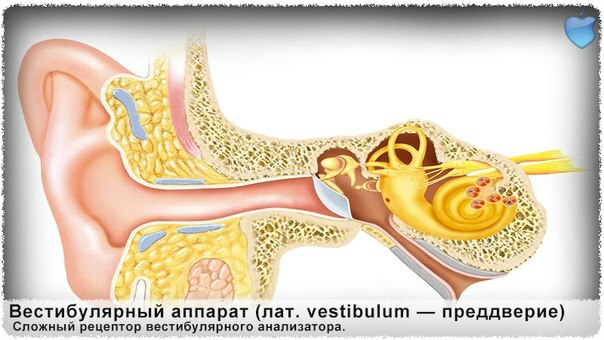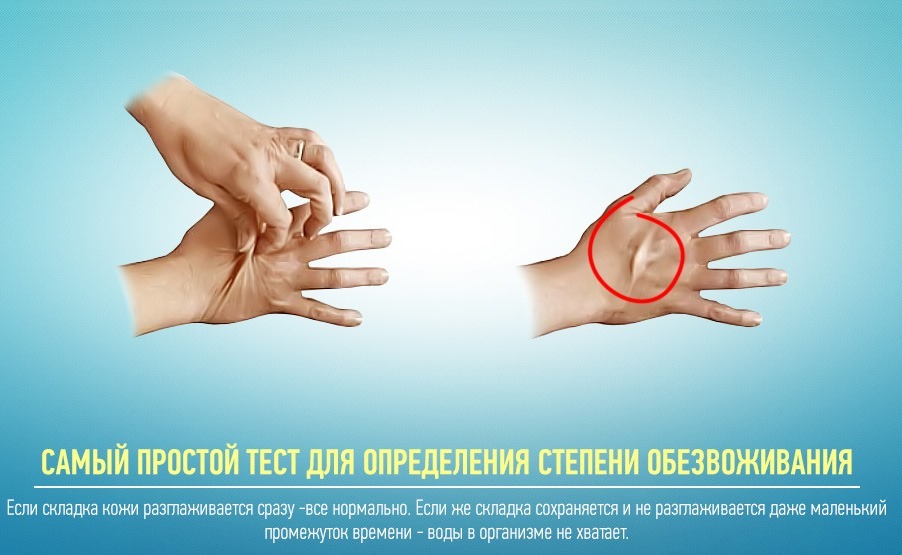Causes of chills without fever
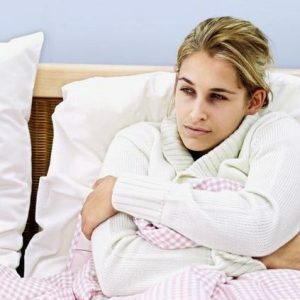 Chilliness is the feeling of cold, chilliness.You can safely say that this feeling is familiar to many.Often, chills are a companion of acute infectious diseases and are accompanied by a rise in temperature.But it happens that a person for no reason periodically shivering, while the temperature remains normal.What are the possible causes of this condition?
Chilliness is the feeling of cold, chilliness.You can safely say that this feeling is familiar to many.Often, chills are a companion of acute infectious diseases and are accompanied by a rise in temperature.But it happens that a person for no reason periodically shivering, while the temperature remains normal.What are the possible causes of this condition?
Chill after cold
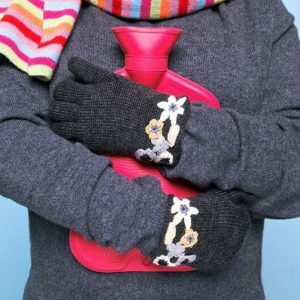 Shivering can occur after hypothermia.Under the influence of low temperature, the protective mechanisms of the body are activated: the peripheral vessels are spasmodic and blood flows from the extremities to the internal organs.Legs and hands pale, become cold to the touch.To warm up the body turns on another protective mechanism - muscle contraction, which causes heat.Outwardly, all this manifests itself in a chill.
Shivering can occur after hypothermia.Under the influence of low temperature, the protective mechanisms of the body are activated: the peripheral vessels are spasmodic and blood flows from the extremities to the internal organs.Legs and hands pale, become cold to the touch.To warm up the body turns on another protective mechanism - muscle contraction, which causes heat.Outwardly, all this manifests itself in a chill.
What should I do?
The action plan for undercooling is simple - you need to warm up.To do this, go to a warm room, change clothes.You can climb under the blanket.For rapid warming, a warm drink is shown, for example, tea.If the above manipulations do not help, you can take a warm bath.As warming, the processes of thermoregulation are restored and the chills disappear.
Chills with psychoemotional disorders
 Repeated sensations of chills, muscular tremors are the companions of anxiety disorders.Stressful situations provoke the release of catecholamines into the blood.A high concentration of these hormones leads to muscle tension.Because of this, muscle tremors, chills and a desire to wrap up in something warm.A sharp expansion of the vessels can soon lead to the opposite effect - a sensation of heat in the body.What is called, from the extreme to the extreme.
Repeated sensations of chills, muscular tremors are the companions of anxiety disorders.Stressful situations provoke the release of catecholamines into the blood.A high concentration of these hormones leads to muscle tension.Because of this, muscle tremors, chills and a desire to wrap up in something warm.A sharp expansion of the vessels can soon lead to the opposite effect - a sensation of heat in the body.What is called, from the extreme to the extreme.
Chills caused by stressful situations are accompanied by heart palpitations and breathing, short-term increase in blood pressure, and noise in the ears.In addition, there is anxiety, anxiety.
What should I do?
 If you are familiar with such situations, you need to master the methods of managing stress.If such situations arise, concentrate on breathing.Pay attention to how you inhale the cold air, as it passes through the chest, and then exhale.Breathing should be calm and measured.
If you are familiar with such situations, you need to master the methods of managing stress.If such situations arise, concentrate on breathing.Pay attention to how you inhale the cold air, as it passes through the chest, and then exhale.Breathing should be calm and measured.
Eliminate muscular tension in the following way.Take a comfortable position and strongly-tightly squeeze for a few minutes the muscles of the foot, relax.Then compress the muscles of the lower leg, relax.So climbing up the body, do the same with all muscle groups.Fix your attention to the sensations of muscle tension and the pleasant relaxation that follows it.These manipulations will relieve tension, eliminate trembling and chills.
Chills in infectious diseases
Chills can be a harbinger of infectious diseases.For example, the first symptoms of acute respiratory viral infections are often weakness, weakness, chills.And only then the body temperature rises, there is a cough, a runny nose.
In addition, chills can occur in a number of other infectious diseases, such as malaria.A typical attack of malaria begins with a chill.Hands and feet become cold, lips - blue.Chills are very severe and can last about half an hour or two.And then necessarily replaced by heat and increased body temperature.After six to twelve hours, the heat changes to sweat, the temperature drops.This is a typical picture of an attack of malaria.
What should I do?
Chills may be a sign of an infectious disease.If, in addition to chills, you are also concerned about any other symptoms - be sure to see a doctor.This is an occasion for conducting an examination of the body.
Chills with anemia
Anemia is a decrease in the level of hemoglobin in the blood.One of the characteristic signs of anemia is a constant sensation of coldness, cognition, hands and feet cold.But these are not the only symptoms of anemia. In favor of the disease are also evidenced by such signs:
-
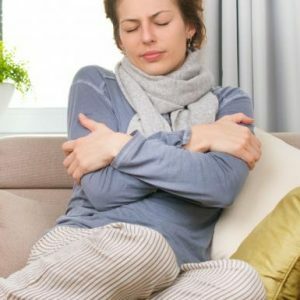 Pale skin;
Pale skin; - Weakness;
- Ringing in the ears;
- Dizziness;
- Drowsiness;
- Preservation;
- Cold sticky sweat.
What should I do?
Anemia can be a consequence of internal bleeding( eg, with peptic ulcer, rupture of the uterine tube).That is why if you have the above symptoms, you need to undergo a survey.
Still, iron deficiency anemia is most common, it can be controlled with iron preparations.
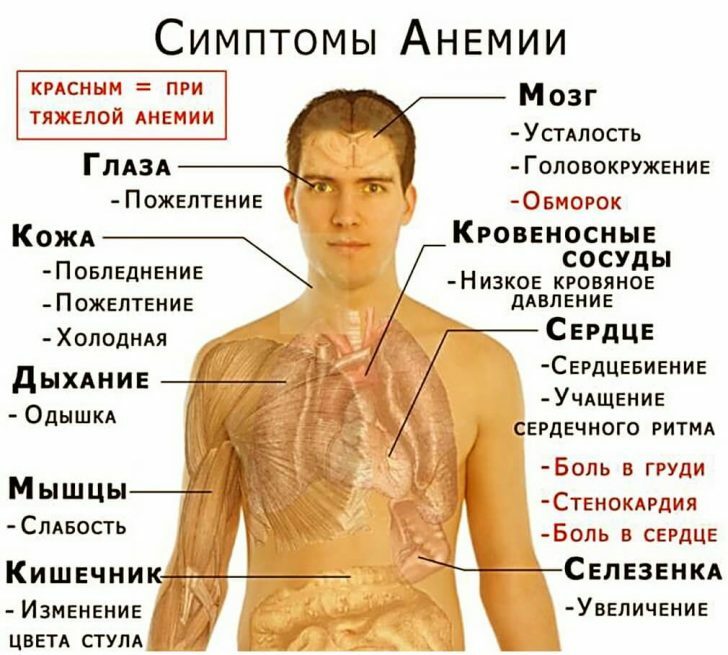
Chills with blood pressure fluctuations
Severe fluctuations in blood pressure may be accompanied by chills.So, with hypotension the blood supply to the skin worsens, the hands and feet are cold to the touch, the person is shivering and it is difficult for him to warm up.In addition, a companion of low blood pressure is weakness, dizziness, headaches, and a tendency to fainting.
Increased blood pressure may also be the cause of chills.So, the hypertensive crisis is accompanied by chills, followed by fever and red face, headaches, shortness of breath, vomiting, anxiety, fear, noise in the ears.
What should I do?
 Extreme fluctuations in blood pressure present a real threat to life.In hypotension, it is necessary to find out the cause of this condition and to work on it.In the case of moderate hypotension, the doctor can prescribe tonic agents that increase blood pressure.
Extreme fluctuations in blood pressure present a real threat to life.In hypotension, it is necessary to find out the cause of this condition and to work on it.In the case of moderate hypotension, the doctor can prescribe tonic agents that increase blood pressure.
Hypertensive crisis requires immediate medical attention, because this condition threatens the development of stroke and myocardial infarction.To stop this condition, antihypertensives are prescribed.
Chill
Climax is characterized by a physiological change in the hormonal background, mainly by a decrease in the production of estrogens.This hormone affects the center of thermoregulation, located in the hypothalamus.With a shortage of estrogens, the thermoregulatory center receives a conditioned signal about the body's overheating.Therefore, the mechanisms of "cooling" are automatically turned on: the heart rate increases, the peripheral vessels expand, and sweating increases.All this is accompanied by a feeling of heat in the body, red face.This state of women is called "tides".
However, with rapid cooling, a mechanism can be triggered to resume normal heat transfer.In this case, heat production is increased by narrowing the peripheral vessels, as well as muscular tremor.At such times a woman feels chills.
What should I do?
Women in the menopause should avoid overheating, prefer clothing made from natural fabrics and, of course, do not forget about the headgear in the summer.If the symptoms of menopause poison the life of a woman, then you can resort to hormone replacement therapy, that is, the use of tablets containing female hormones.
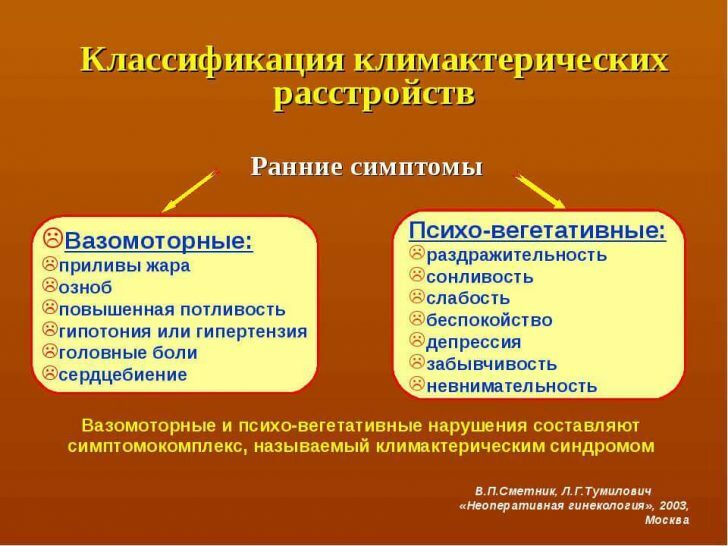
Chills for Endocrine Diseases
The thyroid gland is the organ that plays a crucial role in thermoregulation.With such a disease as hypothyroidism, the production of the thyroid hormone decreases.A low concentration of this hormone in the blood leads to a slowing of metabolism and a decrease in heat production.Symptoms of hypothyroidism are not only chills, but also low temperature, slow heart rate, constipation, dry skin, lethargy, apathy.
Diabetes mellitus is also accompanied by chills.With increasing levels of glucose, in addition to chills, there is a pronounced feeling of thirst, frequent urination, irritability, fatigue.But also a drop in glucose is accompanied by chills.The person with hypoglycemia is also concerned about cold sweat, muscle trembling, disorientation, severe weakness.
What should I do?
If a person observes such symptoms, it is necessary to undergo a medical examination.If the endocrine disease is confirmed, you need to start hormonal therapy.The states of hyperglycemic and hypoglycemic coma require immediate medical intervention.
Grigorova Valeria, medical reviewer

